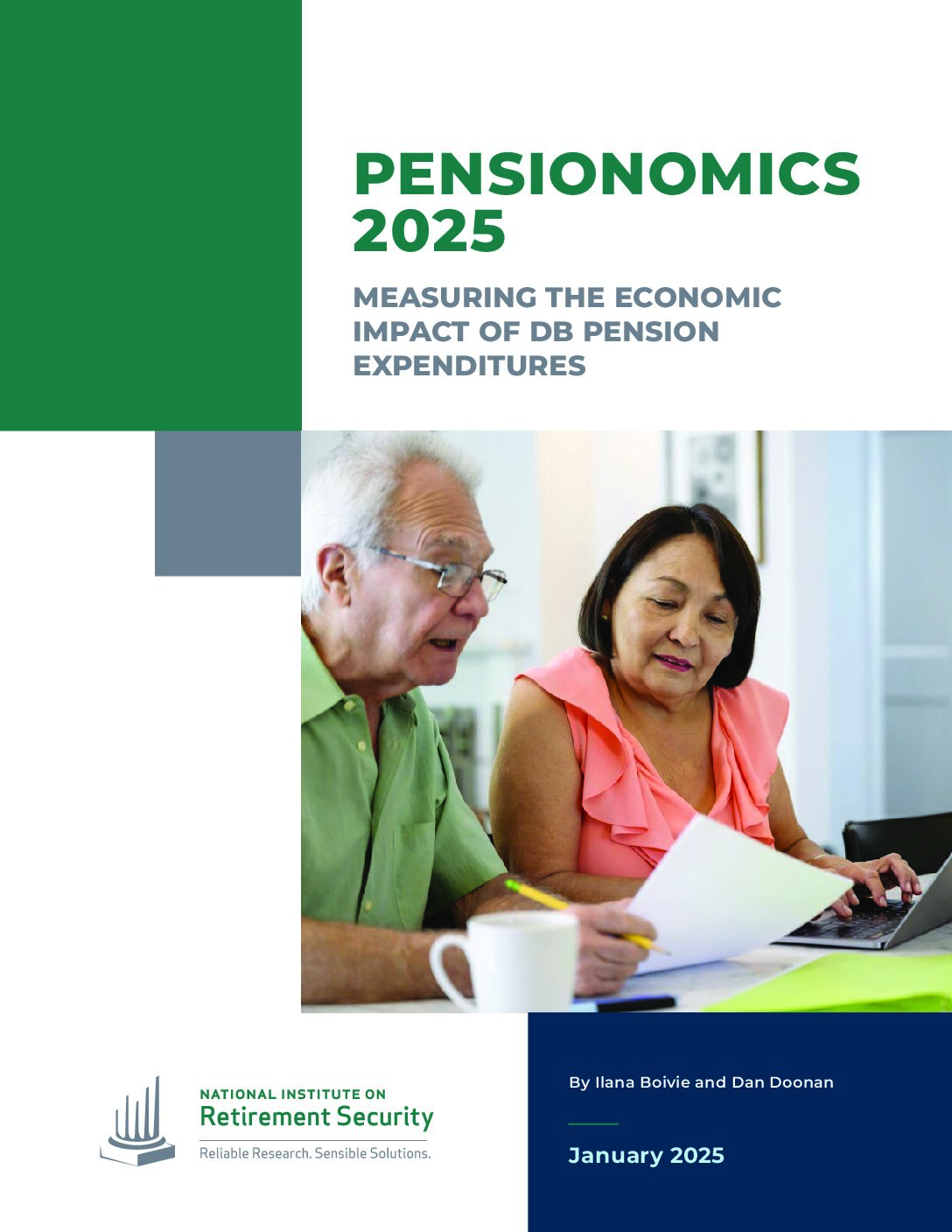Are Pension Contributions a Threat to Shareholder Payouts?
By Seth Armitage (University of Edinburgh) & Ronan Gallagher (University of Edinburgh – Edinburgh Business School)
UK companies have been making large contributions to reduce the deficits of their pension funds, and are believed to fund such contributions in part by reducing dividends. Using data from 2003, we find very little evidence that large contributions are associated with reductions in dividends or other payouts to shareholders. We find further that companies tend to make large contributions when they have healthy cash flows and profits. This suggests that the Pensions Regulator allows companies flexibility regarding the timing of contributions, which means contributions are less of a shock to cash flows, and easier to manage.
Source: SSRN










